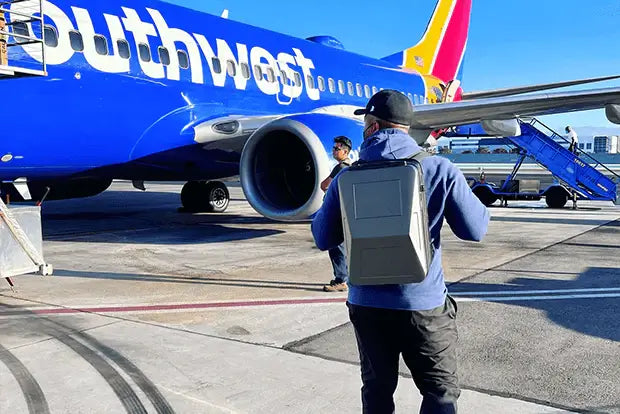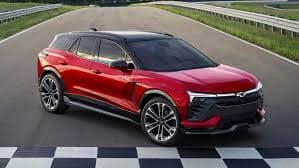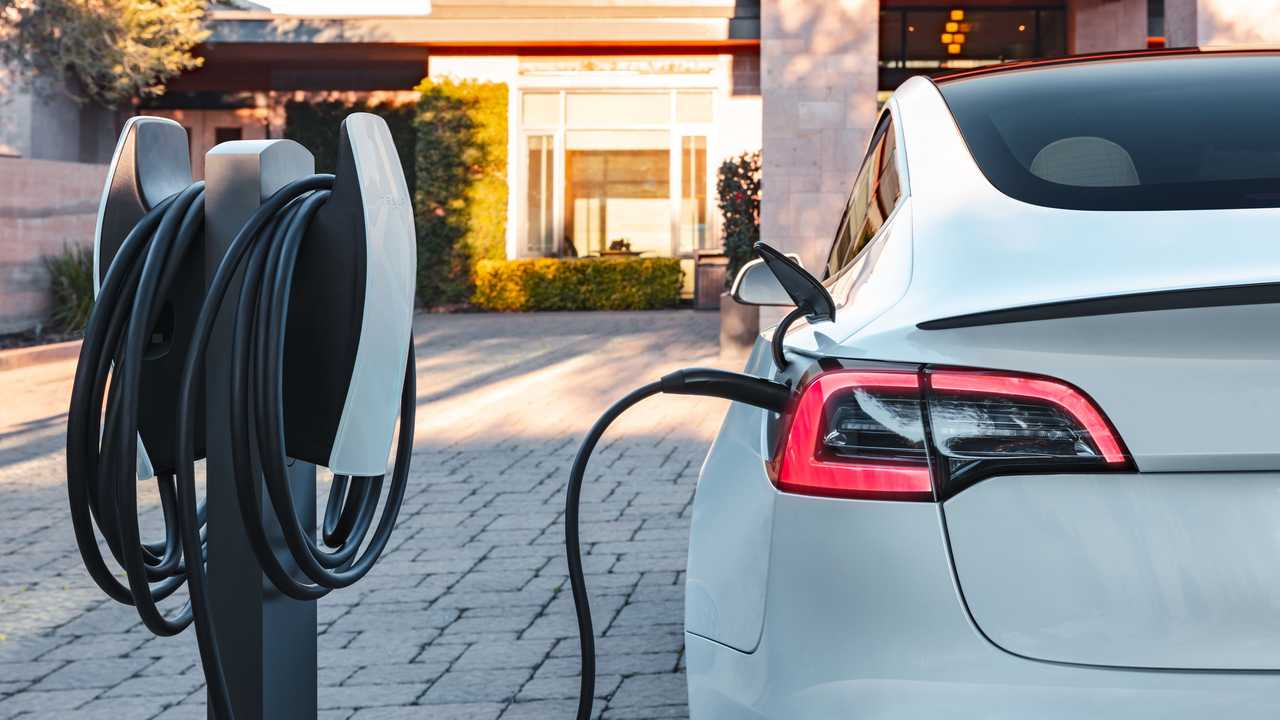If you are like me and waiting in the wings for prices to come down before buying your next Tesla, then you're in luck. When asked on Twitter by Twitter user Jaehwan Cho 조재환, Tesla CEO Elon Musk responded by saying the company is waiting for inflation to "slow down" before lowering the pricing of its electric vehicles, which have risen 20-30% in the previous two years.
One of the most common criticisms about electric vehicles early on was their high price. EV fans argue that costs will fall with more volume and as battery costs improve with new technology.
However, Tesla only seems to be increasing its prices with more volumes being produced. Tesla has been the clearest illustration of this because of its direct-to-consumer model, which does not rely on vehicle dealerships, which agree on the final pricing with consumers. Instead, the prices listed on Tesla's website are the final pricing, and they have been constantly rising since before the pandemic hit and accelerated in 2020.
For example, the Tesla Model Y started at $53,000 in early 2020 and now starts at $66,000, a whopping $13,000 increase in under 24 months. That amounts to 25% rise in less than two years, which does not track with inflation over that time. Also, this price increase is happening across Tesla's whole car portfolio.
Interestingly, Tesla's demand has not been hampered by the price hikes, as the company still has a huge backlog of orders, with some of its models still having a 6- to 10-month delivery delay on new bookings.
However, Tesla has maintained that its goal has been to lower electric car pricing in order to make them more affordable to a wider range of consumers.
Today, CEO Elon Musk was asked on Twitter when we can expect Tesla to decrease pricing again, and the CEO stated that Tesla aims to lower costs when "inflation settles down":
It's worth noting that, while Tesla's prices have risen dramatically in the previous two years, its gross margin on vehicles has also increased significantly, implying that Tesla's price increase has been bigger than its cost increases due to inflation and supply chain concerns.
Tesla has addressed this by stating that due to a backlog of orders, it must raise pricing based on the cost of vehicles to be manufactured in 6-10 months while producing automobiles purchased today. The automobile manufacturer has not always been able to forecast pricing accurately.












